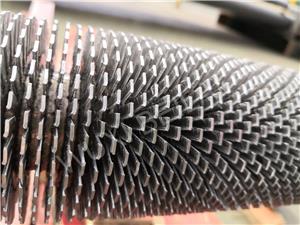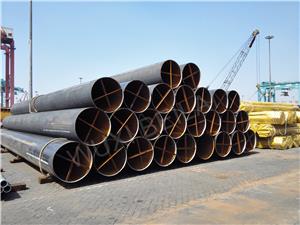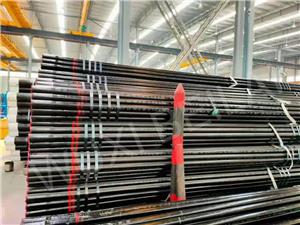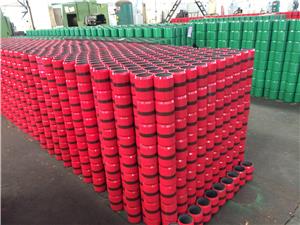Boiler Tube Requirements in Biomass-Fueled Power Plants
As the global energy transition accelerates toward cleaner and more sustainable sources, biomass-fueled power plants have become a vital part of the renewable energy landscape. These plants convert organic materials into electricity and heat, reducing carbon footprints and utilizing agricultural and forestry waste. At the heart of biomass boiler systems lies a critical component — the Boiler Tube. As a specialized Boiler Tube manufacturer and supplier, BEILAI Group offers insights into the stringent performance requirements of boiler tubes in biomass energy applications.
1. Why Boiler Tubes Matter in Biomass Boilers
In biomass boilers, combustion takes place at relatively high temperatures, generating flue gases with corrosive compounds like chlorine, potassium, and sulfur. The Boiler Tube must withstand this aggressive environment while efficiently transferring heat and maintaining structural integrity. Without properly engineered Boiler Tubes, plant efficiency drops, emissions rise, and maintenance costs increase.
2. Unique Challenges in Biomass-Fueled Plants
Biomass fuels differ from coal or natural gas due to their inconsistent composition and high impurity content. This causes: Increased fouling and slagging, Aggressive high-temperature corrosion, Rapid surface degradation, Ash buildup on heat exchange surfaces.
To combat these effects, the Boiler Tube in biomass systems must be tailored for enhanced resistance and thermal efficiency. BEILAI’s boiler tubes are developed to perform under these specific conditions, minimizing tube failure and extending service life.
3. Material Selection for Biomass Boiler Tubes
The right material is essential to ensuring the Boiler Tube can withstand chemical attacks and high thermal stress. At BEILAI, we recommend:
Low alloy steels (e.g., T11, T22): Provide basic resistance for medium-duty applications.
Austenitic stainless steels (e.g., TP304H, TP347H): Offer higher corrosion resistance and creep strength.
Nickel-based alloys (e.g., Inconel 625, 617): For severe environments with intense corrosion and heat.
Bimetallic and coated tubes: Outer layers protect from corrosion while the inner maintains strength.
All materials comply with ASME, ASTM, and EN standards, ensuring quality and safety.
4. Design and Fabrication Considerations
Boiler tubes in biomass systems must be precisely engineered to meet: High thermal conductivity requirements, Thin wall tolerances, Bendability for tight configurations, Strong weldability.
BEILAI’s production process includes cold-drawn precision, heat treatment, and non-destructive testing to ensure every Boiler Tube meets the highest operational standards.
5.Environmental and Economic Impact
Choosing the right Boiler Tube improves not only the longevity of your biomass system but also contributes to: Reduced maintenance frequency, Lower operating costs, Higher thermal efficiency, Improved emissions control.
In the context of renewable energy, this helps operators meet both environmental compliance and profitability targets.
As biomass-fueled power plants become more prevalent, selecting the right Boiler Tube becomes critical to safe, clean, and efficient energy production. BEILAI Group is proud to support this transition with world-class Boiler Tube products designed for the unique demands of biomass combustion environments.
Contact BEILAI today to discover how our boiler tube expertise can power your green energy projects.




